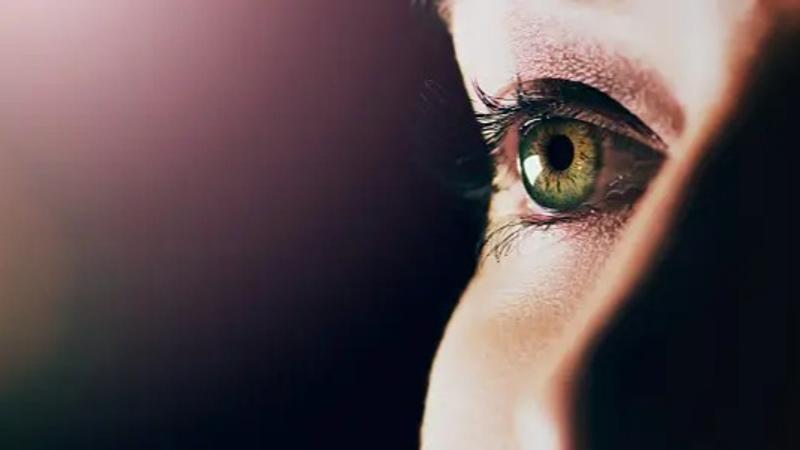Published 23:49 IST, March 31st 2024
How To Protect Your Vision From UV Rays?
Have a look at how one's vision can be protected from UV damage through mitigating exposure.

The gentle caress of the sun's rays, often a source of comfort, hides a less benign aspect that poses a significant threat to our eye health. While many diligently protect their skin from the sun's harmful ultraviolet (UV) rays, the necessity of shielding our eyes frequently remains underestimated. Yet, the imperative to defend our eyes against UV radiation is crucial, irrespective of the season, to preserve our vision and avert long-term damage.
UV radiation
UV radiation's peril to our eyes persists throughout the year, not merely in the summer's heat. Cloudy days and the winter season offer no reprieve, as UV rays can pierce through clouds, maintaining a constant risk to our ocular health. Extended exposure to UV light can precipitate a range of eye conditions, including cataracts, macular degeneration, and even eye cancer, all of which can substantially impair vision and degrade life quality.
![500+ Eye Images [HD] | Download Free Pictures On Unsplash](/_app/immutable/assets/16-9-placeholder.ylpwvwO6.jpg)
Safeguarding tips
Fortifying our eyes against UV radiation can be both simple and effective. Opting for high-quality sunglasses that provide 100% blockage against UVA and UVB rays, marked UV400, is crucial. Additionally, donning wide-brimmed hats can offer added protection, minimising direct sunlight exposure to the eyes.
Routine eye check-ups
Regular eye examinations stand as a cornerstone of maintaining optimal eye health. These check-ups facilitate the early identification of any issues or conditions that UV exposure may exacerbate. Eye care professionals can evaluate eye health and provide tailored advice, considering individual lifestyle and needs.

Mitigating exposure
Limiting time spent outdoors during peak UV radiation hours, from 10 am to 4 pm., can markedly reduce UV exposure risks. When outdoors, seeking shade—particularly near reflective surfaces like water, sand, or snow, which amplify UV rays—is advisable.
Dietary considerations
A diet replete with antioxidants significantly aids in minimising sun-induced eye damage. Incorporating antioxidant-rich fruits and vegetables, such as oranges, strawberries, carrots, and leafy greens, along with omega-3 fatty acid sources like salmon and walnuts, enhances the eyes' natural defence mechanisms against UV damage.
(With inputs from IANS)
Updated 23:49 IST, March 31st 2024



